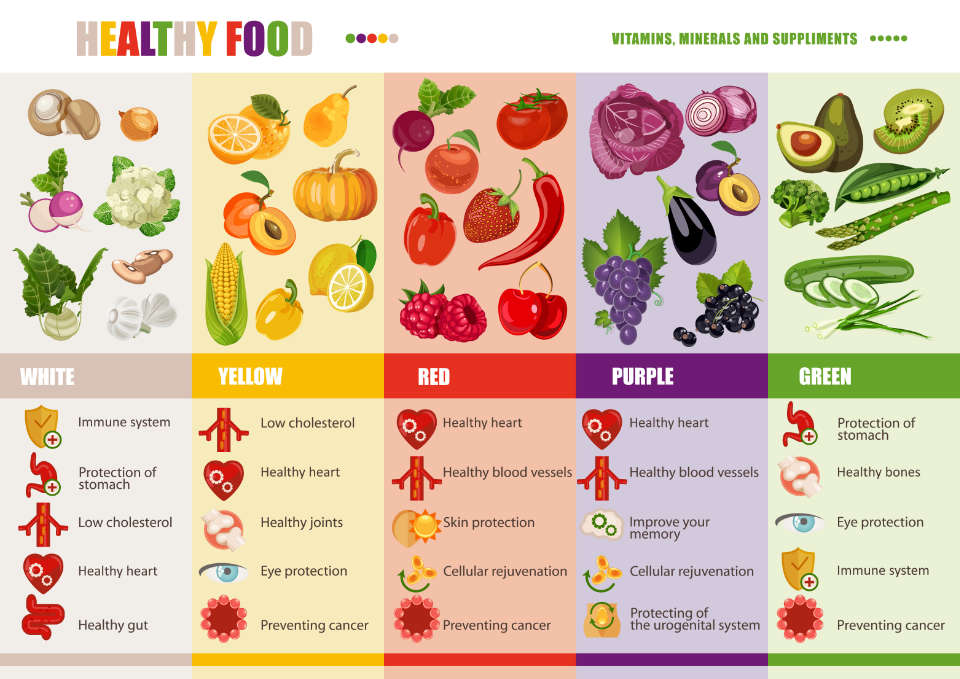When was the last time you raced on your feet? Was it done to achieve a marathon feat or is it a part of your daily routine after your job retreat? You wouldn’t attempt any of this if not to achieve some goal, be it a marathon or a fitness feat.
But do you know that running is a perfect exercise that gives many health benefits sans any equipment or paid membership and that too at your pace? All you need to have is just a few minutes to spare daily and a decent pair of running shoes.
Once you have your boots on, just go and hit an open road/trail and there you go like a marathon winner who stops at nothing until the goal is reached and the desired feat is achieved.
More than enough said, running boosts your physical and mental health though overdoing it is not recommended on any day, especially for beginners. One has to build a stable foundation by taking to running slowly and gradually increasing the pace as days pass by.
This slow & steady approach gives your body the right nutrients that it needs to perform at its best while in a huge marathon and enable you to recover from your runs in a healthful manner. All in all, running uses a lot of muscles and joints that can give both your heart and lungs a good workout as well.
How The World of Vitamins Benefit You as a Runner
Runners worldwide are notorious for getting caught up in the runner’s high. However, it is important to not forget the nutrition needs before getting trapped in on achieving the runner’s high. There’s this debate always about whether supplementing with minerals and vitamins is an effective way to keep your body strong while giving it the essential nutrients at the same time. This is a much crucial need for distance runners in particular.
The way we forget to take care of ourselves ends up to be the prime reason for our love to put on those running shoes. Be it a marathon event, 5k race, or any other running event; it is vital for you in maintaining good health. Unless we pay attention to what our body needs and the way we feel, it is impossible to meet your (fitness) goals.
Until we have the right nutrients on board to meet our body needs, it is very much likely that we are heading towards setting up a scenario for either illness or injury or both, which will ultimately oust you from the running track, literally.
As a distance runner, when you burn so many reserves continually, it only leaves your body and immune system more vulnerable. As long as you don’t supply your body what it needs, it cannot protect and repair itself the way it has to. Body, just like any other machine, needs its lubricants (read: specific nutrients) in order to function efficiently. Without these necessary ingredients (or lubricants), something within your body is bound to suffer.
When you run a lot and sweat profusely, you lose vitamins and minerals such as Potassium, Calcium, Vitamin D, and Vitamin Bs. Especially, Vitamin Bs are needed to keep up good health owing to the enormous amount of stress that you put on your body while running.

Can You Supplement Your Way to Get Nutrition as a Runner?
Is it sensible to vest in supplements as a way forward to good health? Then the question arises as to why we should feed on supplements if we can’t get enough nutrients daily through the foods we consume. However, there are two sides to the coin before we can get to the answer part as to why we should go for supplements to fill the gap.
The answer is a mixed answer because science is mixed when it comes to supplements. Nevertheless, food is healthier than various synthetic forms when it comes to securing the nutrients that the body needs as there are only that many calories you can consume per day.
Endurance runners need a lot of calories to burn than they need and hence in order to keep pace with how much they burn, it can be necessary to receive supplements for bridging the gap alongside having food. Despite not being an excellent way to get nutrition, supplements still work in bridging the gap between what you consume and the excess with which you ‘supplement’ for.

How Bone Density and Health Are Affected By a Lack of Calcium & Vitamin D?
Studies are showing that the number of adults suffering from Vitamin D deficiency is continually increasing since the usage of sunscreens and the threat of skin cancer looms large. Withstanding the fact that bones are integral to your strength and running, it is recommended that you supplement with both Calcium as well as Vitamin D.
Research has evidence that supplementing with Vitamin D along with Calcium helps in the maintenance of healthy bones not just as an immediate effect, but for your long term quality of life.
Other supplements like Vitamin B12, iron, and folic acid have also been shown to have significant health benefits when taken synthetically. All these are essential for the performance of the immune system as well as cardiac function. Drinking protein shakes too helps in reasonably getting enough to make up for all the deficit that could elicit from your running goals.
This is so because Protein is critical and helps in muscle recovery for sprinters and runners.
The bottom line is that eating a well-balanced diet that includes all vitamins and minerals for you to stay healthy and active is essential to keep up your running goals. However, if you can’t get enough with what you eat, then it is imperative to supplement your nutrition with supplements.
It must be taken into account that supplementation is a reasonable way to fill in the gaps but is not the best way to get the nutrition your body needs for you to keep pace like an ace runner.

Some of The Prominent Facts About How Vitamins Benefit Runners
Several surveys have pointed out the extensive use of dietary supplements that incorporate vital nutrients like vitamins, minerals, creatine, amino acids for bodybuilding and also to enhance exercise and athletic performance. Here are some of the facts and surveys that highlight the usage of vitamins through supplements to increase one’s performance:
- International surveys took to the fact that nearly two-thirds of 3,887 elite adolescent and adult field athletes who participate in world-championship competitions took one or more dietary supplements containing such ingredients as vitamins, minerals, and creatine. The use of supplements increased with age and was remarkably more common among women than men for the obvious biological reasons.
- In a national survey involving U.S. college athletes, there are about 5.7% of nearly 21,000 respondents who were reported to take multivitamins with caffeine along with many other protein products, energy drinks, and shots, etc. Of course, men are much more likely to take performance-enhancing products than women barring energy drinks and shots.
- Nevertheless, it is difficult to make generalizations about the extent to which dietary supplements are used by athletes owing to the heterogeneous studies on this topic. But research insinuates athletes resort to more supplementation than general U.S. citizenry. And amid athletes, the elitists or professional athletes who compete on a national or international level use more dietary supplements than their non-elite colleagues.
- By and large, similar supplements are used by both male and female athletes, with the exception being that a large proportion of men take vitamin E, protein, and creatine.
- Athletes require adequate daily amounts of calories, fluids, carbohydrates, protein, fat, minerals alongside a world of vitamins.
- Few researchers propose that supplements containing antioxidants like vitamins C and E could reduce free-radical formation, thereby reducing fatigue and skeletal muscle damage thus boosting recovery. However, studies also suggest that the overuse of antioxidant supplements (esp. Vitamins C and E) in large doses may, in fact, reduce instead of promoting some of the beneficial effects of exercise.
- Studies regarding the safety of vitamins C, E, and other antioxidant supplements taken during exercises or running marathons show having no evidence of side effects. This can be matched with the fact that that the tolerable upper intake level of vitamin C as established by the Food and the Nutrition Board as the maximum amount with hardly any risk of adverse health effects is 1,800 mg/day for adolescents and 2,000 mg/day for adults which are substantially higher than the doses that studies have typically used for exercise and athletic performance.
- No matter what but the Australian Institute of Sport, part of the Australian Government does not recommend supplementation with vitamins C and E by athletes unless they use these products as part of a research protocol or with expert monitoring and assistance.
All in all, proper intake of vitamins will surely help the runners and athlete go a long way both on the race track and in maintaining their health with the right nutrition.





